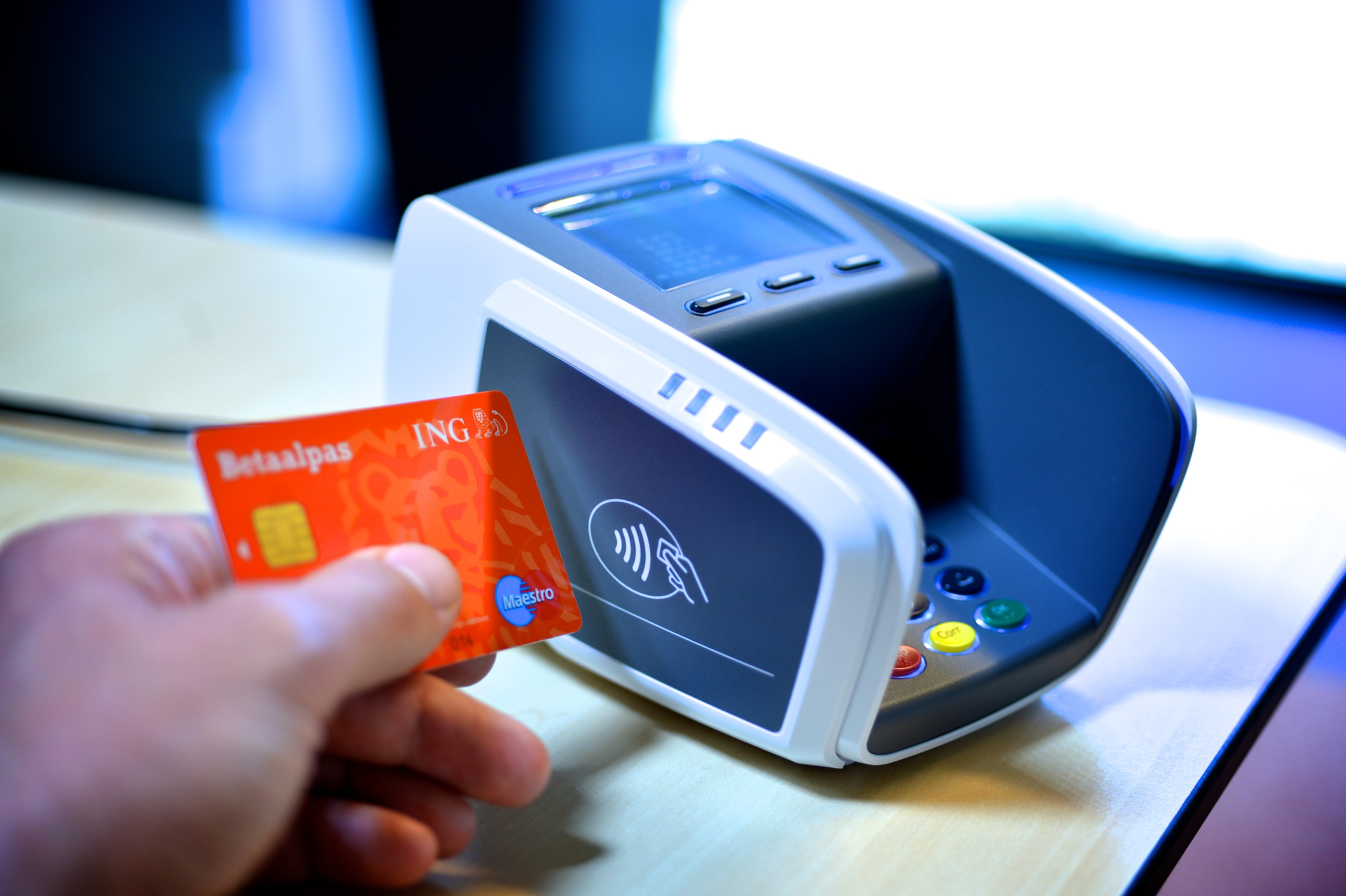Are we transitioning towards a cashless economy?
The Apple Pay function on my phone recently broke while I was paying for my lunch, and I was forced to search for my wallet and pull out my debit card. This simple act of putting my card into the machine and punching in my pin felt disturbingly archaic. Apart from larger purchases, I couldn’t remember the last time I’d used my debit card at the shops. Contactless payment methods have slowly begun to take over our society, from our phones to our watches, they now account for 42% of all card payments made in the UK. This technology is paving the way for our transition to a cashless society, and its increased functionality and accessibility are only adding fuel to the fire.
Sixty years ago, American Express released the first credit card the world had ever seen. In the years since, we’ve witnessed the instillation of the first ATM in New York in 1969 and the launch of the first online payments system in 1994. Fast forward to 2018, and there are now roughly 108.4 million contactless cards in circulation in the UK; 60% of which are debit cards and 40% credit cards. With around £400 million worth of transactions being made each month using contactless methods in the UK, it is easy to see how this technology has become an integral part of daily life.
17 million journeys a week are made on the London Underground using contactless methods, and London’s buses will no longer accept cash payments…
Most attribute this meteoric rise to how easy the technology is to use, and how widely available it has become. Take the UK transport industry, for example; a pioneer in the use of contactless payment technology. Contactless payments were introduced on the London tube in 2014, and were soon made available on buses and eventually black cabs. 17 million journeys a week are made on the network, using contactless methods, and London’s buses will no longer accept cash payments. The simple ‘tap-on-tap-off’ method was so successful it was exported worldwide to major cities like New York, Sydney and San Francisco. Soon to follow was the introduction of Apple Pay and Google Pay. Our transition towards a cashless society seemed all the more certain as consumers were able to leave the house with just their phone, free of the cumbersome bulk of a wallet or purse.
Whilst cashless transactions are becoming the norm, there are still plenty of people who are sceptical of the technology. With records of everything we have purchased now online, it its argued that an expanding contactless payment system will lead to an increase in cybercrime and data theft. The network failure experienced by Visa only two weeks ago resulted in millions of people across Europe being unable to make contactless payments. Given most people no longer carry cash, many were left unable to pay for restaurant bills, tolls and even flights home. Couple this with the introduction of the General Data Protection Regulation (GDPR), and there has never been a time when people are more conscious of how their money and personal data is being processed.
Consumers find the thought of parting with cash ‘psychologically painful’, and hence turn toward contactless payments as a means of masking their spending habits…
It is also believed that contactless payment methods induce consumers to spend more. Simply put, consumers find the thought of parting with cash ‘psychologically painful’, and hence turn toward contactless payments as a means of masking their spending habits. Contactless payment methods have also been attributed to rising consumer debt levels in the UK, as people tend to be more fiscally irresponsible when cannot physically see how much they are spending. For students in particular, the ability to use contactless in places such as pubs and nightclubs means that they can easily lose track of their budget.
Regardless of how much we aspire to the convenience of being able to buy a flat at the touch of a fingerprint, we risk leaving ourselves vulnerable and without funds when the network inevitably fails again. Admittedly, whilst a fully cashless society in the near future seems unlikely, personal banking will continue to innovate. Who knows, given recent developments in biotechnology, we could even be paying for our Friday night pints with the wave of an embedded NFC chip.

Comments